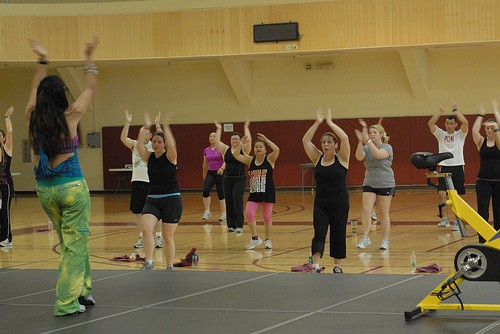
Regular workouts can boost memory in young adults, according to a US-based study.
Engaging in regular exercise was associated with an increase in hormones, the growth factors which are known to improve brain health by directly influencing hippocampus, the brain region related to learning and memory.
For the study, a group of healthy young adults participated in aerobic exercises and in a recognition memory task. The Boston University School of Medicine (BUSM) study concentrated mainly on the status and role of certain growth factors that have been known to augment hippocampal plasticity, including brain derived neurotrophic factor (BDNF), insulin-like growth factor-1 (IGF-1) and vascular endothelial growth factor (VEGF).
While explaining the study, Dr Karin Schon and her colleagues cited an example of hormone BDNF that helps manage communication between existing brain cells and growth of new ones. The researchers found that BDNF levels improved with aerobic fitness, further improving recognition memory in the participants. However, they couldn't find any benefits associated with an increase in IGF-1 levels associated with aerobic exercise and memory skills.
"IGF-1 was positively associated with aerobic fitness, but not with recognition memory. Our results may suggest an exercise adaptation-related change in the BDNF dose-response curve that relates to hippocampal memory," the researchers wrote.
The study has been reported in the online edition of Behavioural Brain Research.
Children and teenagers are always encouraged to engage in physical activity to remain healthy and become smarter. Previous research has shown that exercise helped treat depression, stress, improve body image and self-esteem, help ADHD children to excel in studies, cut down risk of childhood diabetes and improve academic performance.
















